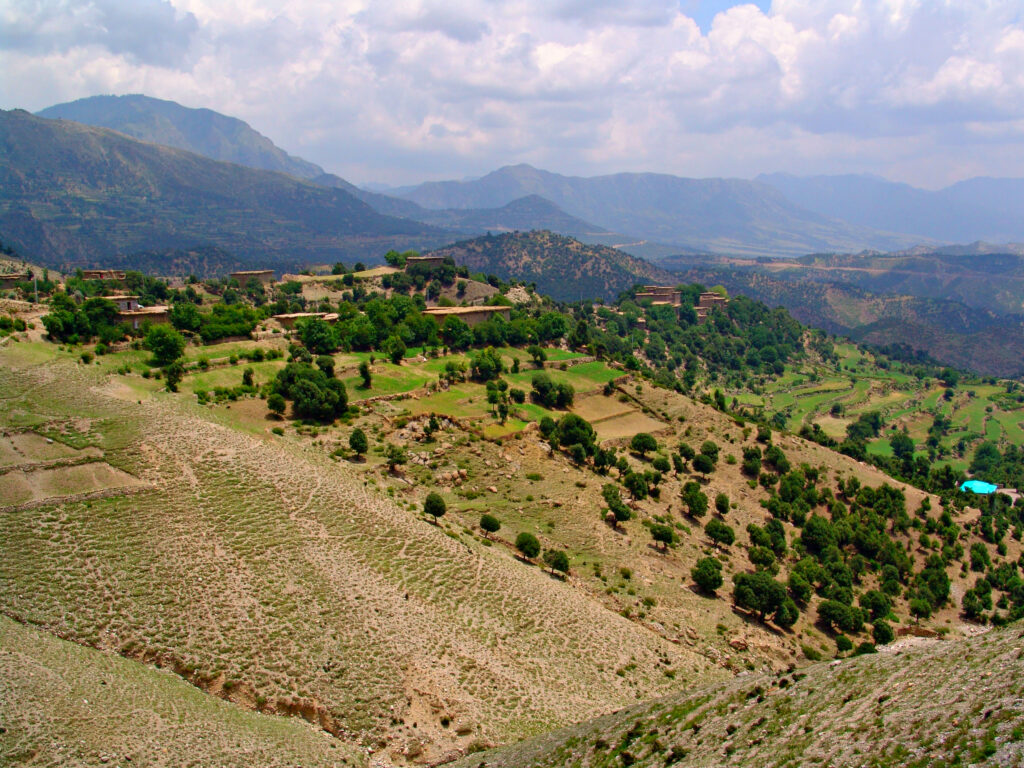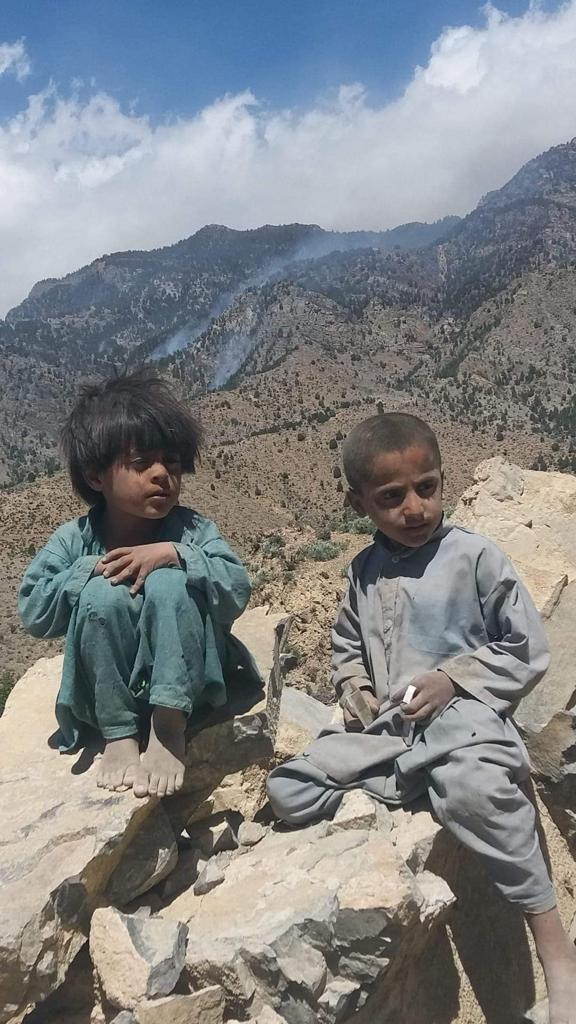
Pakistan’s Tribal Areas (formerly called the Federally Administered Tribal Areas) are a group of tribes and frontier regions that have historically received limited aid. For over twenty years, armed conflict in the region prevented children from safely going to school and living their lives, and limited the types of aid that could enter the area. Although in recent years conditions have begun to improve due to a decrease in armed conflict and legal changes, the legacy of military activity has left a profound impact on the Tribal Area’s residents, infrastructure, and especially children.
During the worst of the conflict, over 1,500 schools were demolished by insurgents, leaving many towns too geographically separated from the nearest remaining schools (by mountains, rivers, or distance) to make getting to school safe or feasible for the children living there. Additionally, the extreme nature of the armed conflict has left many of the orphans it created with trauma and complex mental health needs. The number of orphans created by the conflict is so substantial that almost all orphanages in the area only have the resources to aid children ages 0-12; once they age out of orphanages, children must secure their own alternative arrangements. This opens them up to exploitation, homelessness, and drug use.

The ultimate goal of Every Child A Scholar is twofold: to ensure that all children ages 0-18 have what they need to live safe, healthy, and dignified lives, and to ensure that they have access to a quality primary and secondary school education. Although our focus is on orphans, because they are in most urgent need of help, by improving the schools in the area we will be helping all Tribal Area children. Once we have provided existing schools and orphanages in the area with what they need to set children up for success, Every Child A Scholar anticipates building schools in areas where there are none, creating access to trauma-informed mental healthcare for Tribal Area children, and building orphanages that support children ages 12-18 who have aged out of existing orphanages. Once we have accomplished these goals, we hope to expand our reach to other areas of the world where a history of conflict has left orphans and schoolchildren with complex needs but limited support.



